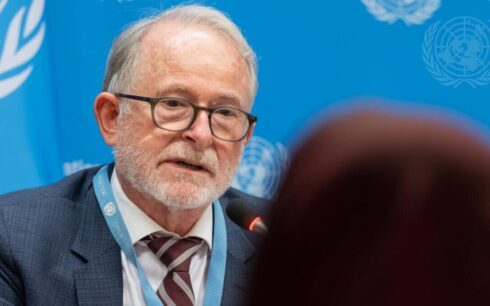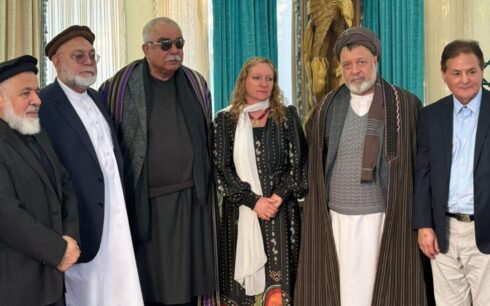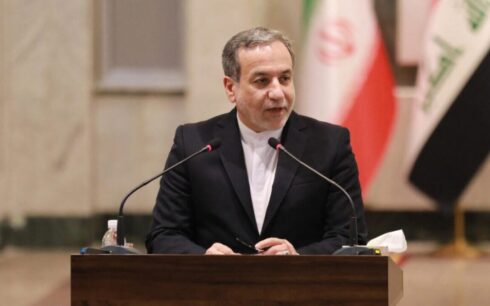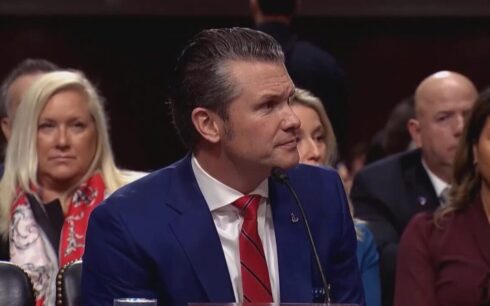Afghanistan’s representative at the UN, Naseer Ahmad Faiq, in an address to the United Nations Security Council’s meeting about Afghanistan said that two years since the Taliban takeover, “there isn’t the slightest ray of hope for a positive future for the people of the country, including the 28 million people who are in dire need of humanitarian assistance.
He said that among those in need are millions of Afghan refugees, IDPs, disabled people, youth and women and girls – who comprise half of Afghanistan’s population.
In these last two years the international community has collectively engaged with the Taliban in dialogue and discussion, hoping for a positive response to the shared demands of the people of Afghanistan and the international community but not only have they not met those demands are in complete denial, but have been trying to justify and cover their actions under the guise of a distorted and self-interpreted version of religion and culture, Faiq said.
“What we are seeing is a worsening of the situation from a humanitarian, human rights, security and political standpoint,” Faiq said. “The economic and humanitarian situation has worsened, with the majority of the population deprived of basic needs and humanitarian assistance.”
He stated that the Taliban has broken its promises of trying to be more inclusive, break with terrorist groups, respect universal human rights, and take measures that prevent Afghanistan from posing a security threat to other countries. As the recent Monitoring Team report confirmed, the Taliban continues to maintain links to Al-Qaida in addition to nearly 20 other terrorist entities.
“The presence of foreign terrorist fighters and harboring and relocation of Tehrik-e-Taliban Pakistan (TTP) to northern provinces of Afghanistan are extremely alarming. Any acts of forced evictions and attempts to demographic changes based on ethnic and religious purposes will intrigue deep hostility and conflict in the country,” Faiq said.
Politically, the Taliban shut the doors for inclusivity, engagement, or dialogue with the people of Afghanistan, he said, adding that the Monitoring Team report states how the Taliban reverted to the exclusionary, and autocratic policies of the 1990s. The Taliban are not representative of any particular ethnic group in Afghanistan, nor representative of true Islamic values and cultural traditions of Afghanistan.
He reiterated that the current situation in Afghanistan and its security challenges and threats are a great cause for concern to the people of Afghanistan and the international community.
“If it is not addressed, it will have grave implications for Afghanistan, the region and the international community at large,” Faiq concluded. “Thus, we hope to see the international community, and this Council in particular, act with unity and consensus to prevent Afghanistan from turning into a terrorist hub.”
Envoys from various countries at the UNSC meeting expressed their concerns about the humanitarian and economic situation in Afghanistan and said the international community should keep its engagement with Afghanistan to help the people of the country.





